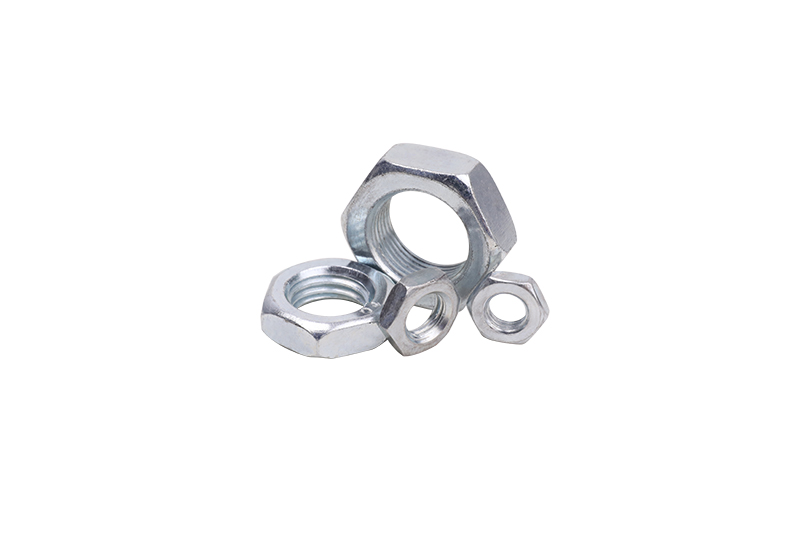Hexagon thin nuts (metric fine thread) is a high standa […]
Hexagon thin nuts (metric fine thread) is a high standard thread size used in metric wide-mesh plastic containers. The hexagonal threads are made to be strong for use with plastics and are available in a variety of thicknesses. Generally the minimum thickness is 0.7mm, with a slightly thicker thickness available for extremely heavy usage. This makes them ideal for shipping, particularly in applications where flexibility and strength are required.
The hexagons have been available in standard sizes since the 1950s but these threads are now commonly used in a range of different applications. They are primarily used for shipping and packaging but have additional uses within the industrial sector. Some suppliers offer hexagonal threads in standard sizes and these can be used directly by the end user for specific applications. These can then be supplied on their own for a custom fit. In some cases the manufacturer may choose to supply a pair of hexagons that is cut to the required specifications and which have the necessary edge joints for use in the intended application.
The reason why hexagon thin nuts are used in a wide range of applications is because they provide the right strength and rigidity at a low cost. They are not overly expensive and can be used for a wide range of applications in a range of sizes. Furthermore they can be produced on a large scale in a short turnaround time, saving considerable expense on material costs.
The hexagons nuts are available in a variety of standard thicknesses and can be supplied in standard or 'bend' size threads. These options enable the nuts to be used for a number of different applications in the food service sector. For example they can be used as standalone or double sided storage devices for individual or small packs of nuts, bolts, hinges and other fasteners. They are also ideal for use in the manufacture of paper, packaging material and other durable materials.
Another popular application for hexagonal nuts is where they are incorporated into a larger component such as a cover plate, lockout, or threaded insert. These fastening solutions make it possible to use a standard size hexagonal bolt head to cover a wide variety of thread types, including stainless steel. Similarly hexagon thin nuts are used in applications where a hexagon is required but do not have the required strength. For example the fastening of an anti-static clutch to a bolt is one such application where hexagon thin nuts are widely used. These fastening solutions enable the nut to be safely attached to the bolt without causing any damage to the bolt. Further applications include the fastening of acrylics and plastics, where a high strength, reinforced nut is required to support the weight of the material.
Hexagon nuts are made using a variety of different materials and are often coated with further lubricants to help prevent corrosion. Some of the commonly used materials include titanium and chrome. The most commonly used chrome coated hex nuts are almost double the weight of their unvoiced counterparts and so are capable of withstanding much stronger loads. There are a range of different diameters available for these fastening solutions. Thicker nuts are often referred to as 'over-sized' nuts. They can be used in a number of applications where other fastening options may prove to be insufficient.
